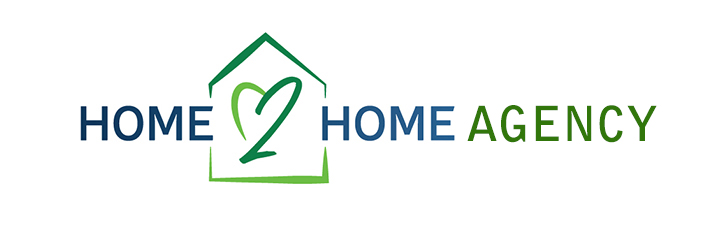More than 65 million Americans manage the day-to-day needs of work, home, kids, and looking after somebody who may be disabled, ill, or aging. Handling hectic households and the emotional decisions that must be made when looking after a liked one can be overwhelming. Home health care is a solution.
Moms and dads and adult children may live thousands of miles far from one another, separated by various cities, states, and even nations. Often, the demands and pressure of providing care can lead to caregiver burnout– a state of physical, psychological, and mental fatigue. It occurs when family caretakers do not get the assistance they need and are attempting to do more than they are able to.
House healthcare helps households
For many families, house health care is an advantageous choice– a safe and cost-effective option that supports the household, while permitting your enjoyed ones to remain in the convenience of their own homes and neighborhoods.

Find out more about Home 2 homecare’s home care services.
If you are taking care of a loved one, here are ten methods house health care can support you:
House health care experts can be there when you aren’t able to be. If you are caregiving from a range, home healthcare can offer you comfort. Trained and qualified experts can examine safety risks and make easy corrections in the house– from positioning a carpet on a slippery floor to suggestions for ambulatory help.
House care supports activities of day-to-day living (ADLs). In-home services allow adults to get daily aid with the personal care they need, maintaining their dignity, and maintaining a good quality of life. Assistance with activities of daily living can consist of bathing, grooming, and medication tips.
Access to proficient nursing care at home. Proficient medical care can be delivered in the house by completely monitored nurses, licensed, accredited and knowledgeable about high-technology medical equipment. House healthcare can guarantee that your loved one’s complicated medical requirements are met.
Assistance with diet and nutrition. Are your loved ones getting the nutrition they require to stay healthy? Adults age 65 and older, people with persistent conditions, and those just recently released from a medical facility or nursing facility are likely to be nutritionally at-risk. Aging, bed rest, health problem, and injury can all add to the loss of lean body mass. House care might consist of dietary counseling and home-cooked meals to secure your loved ones versus malnutrition.
Medication management. If your loved one is on multiple prescriptions it can be confusing to manage. Home healthcare professionals can make sure the right medications are being taken at the correct times to control health conditions and avoid hazardous drug interactions.
Home health care experts offer caring friendship. Research reveals that aging adults remain much healthier with social interaction. Home health assistants can become trusted good friends for walks, reading, cards, games, motion pictures, meals, and other social activities. Accompaniment on errands such as grocery shopping, medical appointments, and other activities are likewise added benefits.
Home health care assists with light family tasks. When aging adults have a hard time the day-to-day needs of housework, such as laundry, vacuuming, dishes, and basic tasks home care helps to regularly keep a safe and healthy living environment.
Home healthcare clients have equivalent or better health results. Research has actually revealed that medical outcomes are equivalent or much better with fewer problems when home care is provided to individuals with persistent conditions such as pneumonia, diabetes, or COPD.
Individually focus and support. House healthcare services are really unique, offering significant, one-on-one individual and knowledgeable care that constructs strong bonds between experts and their customers. According to the Cleveland Clinical Journal, a person who is seen by a clinician in the comfort of house more readily trusts that the healthcare group locations their requirements initially.
A cost-effective alternative to facility or medical facility care. According to the National Association of House Care, the average cost of care from a proficient nursing facility is $544 dollars daily, while the average expense of house healthcare per visit is $132 dollars.
For lots of households, home healthcare can be just the support they need to help handle caregiving duties while preventing caretaker burnout. Could you or someone you enjoy the benefit of home healthcare services? Learn more by clicking below.


Recent Comments